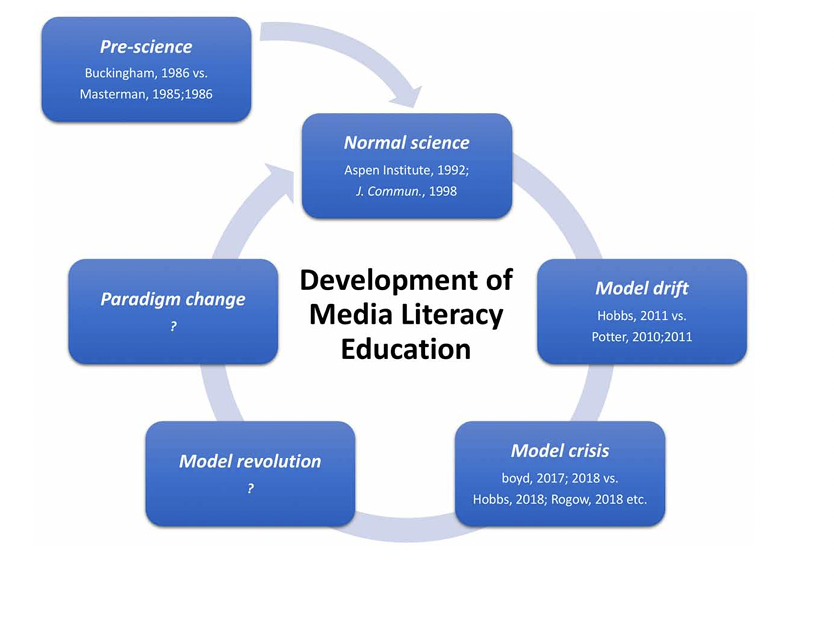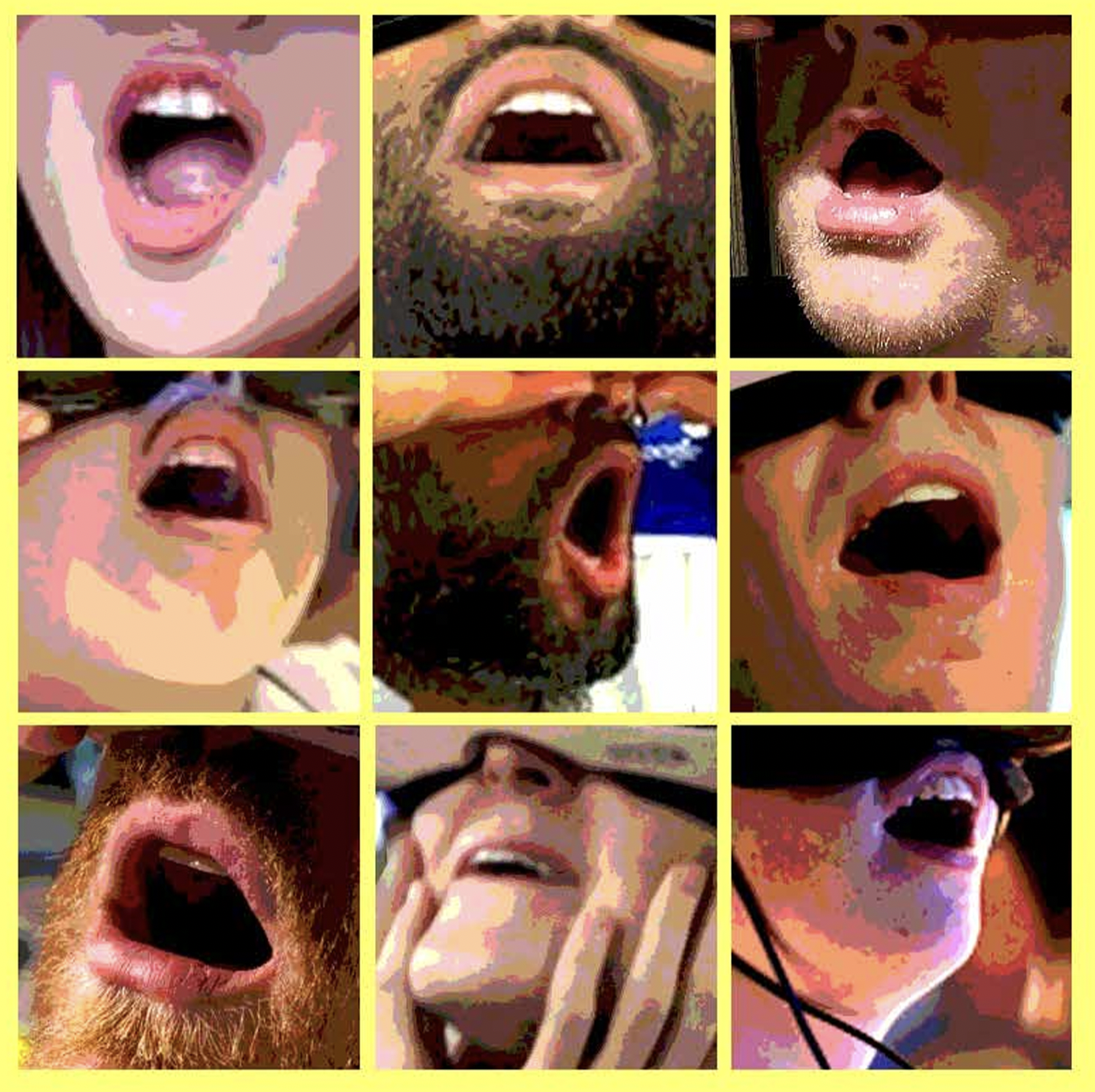- Home
- Technology & Society
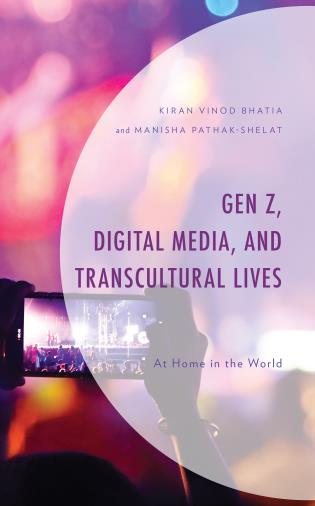
Media Club: Gen Z, Digital Media and Transcultural Lives
In this session, Kiran Vinod Bhatia and Manisha Pathak-Shelat will share the methodological approach and key arguments proposed in their book Gen Z, Digital Media and Transcultural Lives: At Home i…
Read More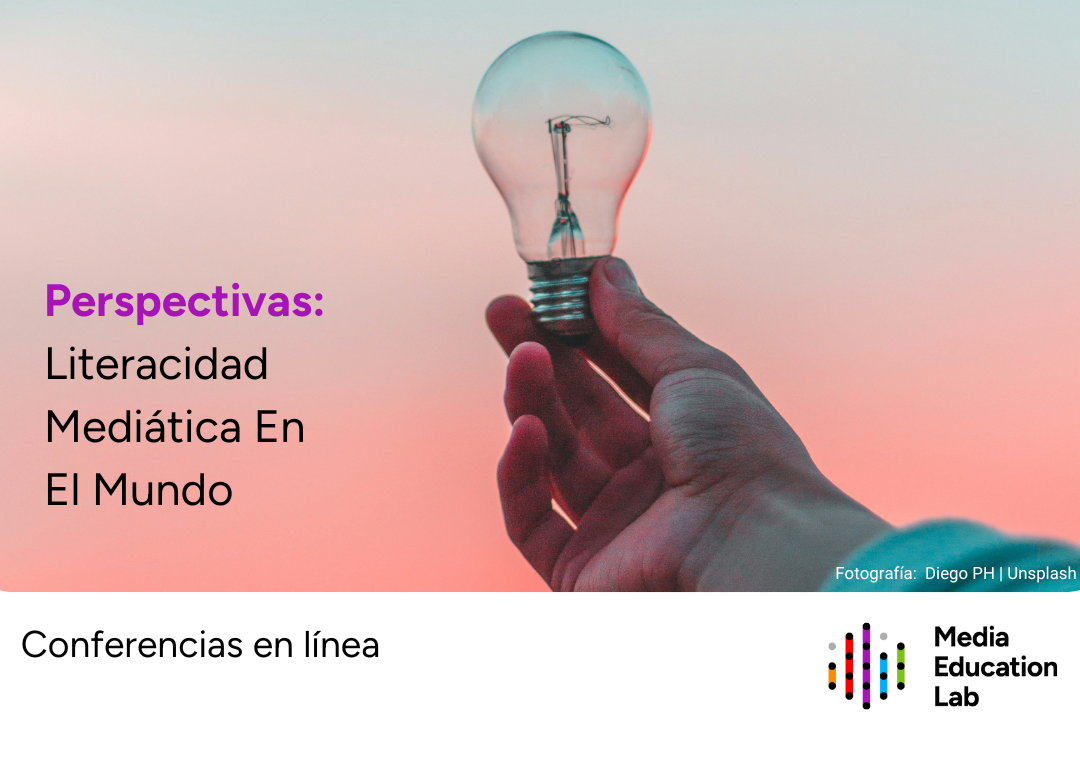
Perspectivas: Literacidad (alfabetización) Mediática en el Mundo
Perspectivas: Literacidad (Alfabetización) Mediática Alrededor del MundoTe damos la bienvenida a la primera serie de webinars en español organizada por el Laboratorio de Educación Mediática, Media Education Lab por su nombre en inglés. Nuestra organización se dedica a promover la educación para la alfabetización literaria mediante la investigación académica, colaboración interdisciplinaria y…
Read More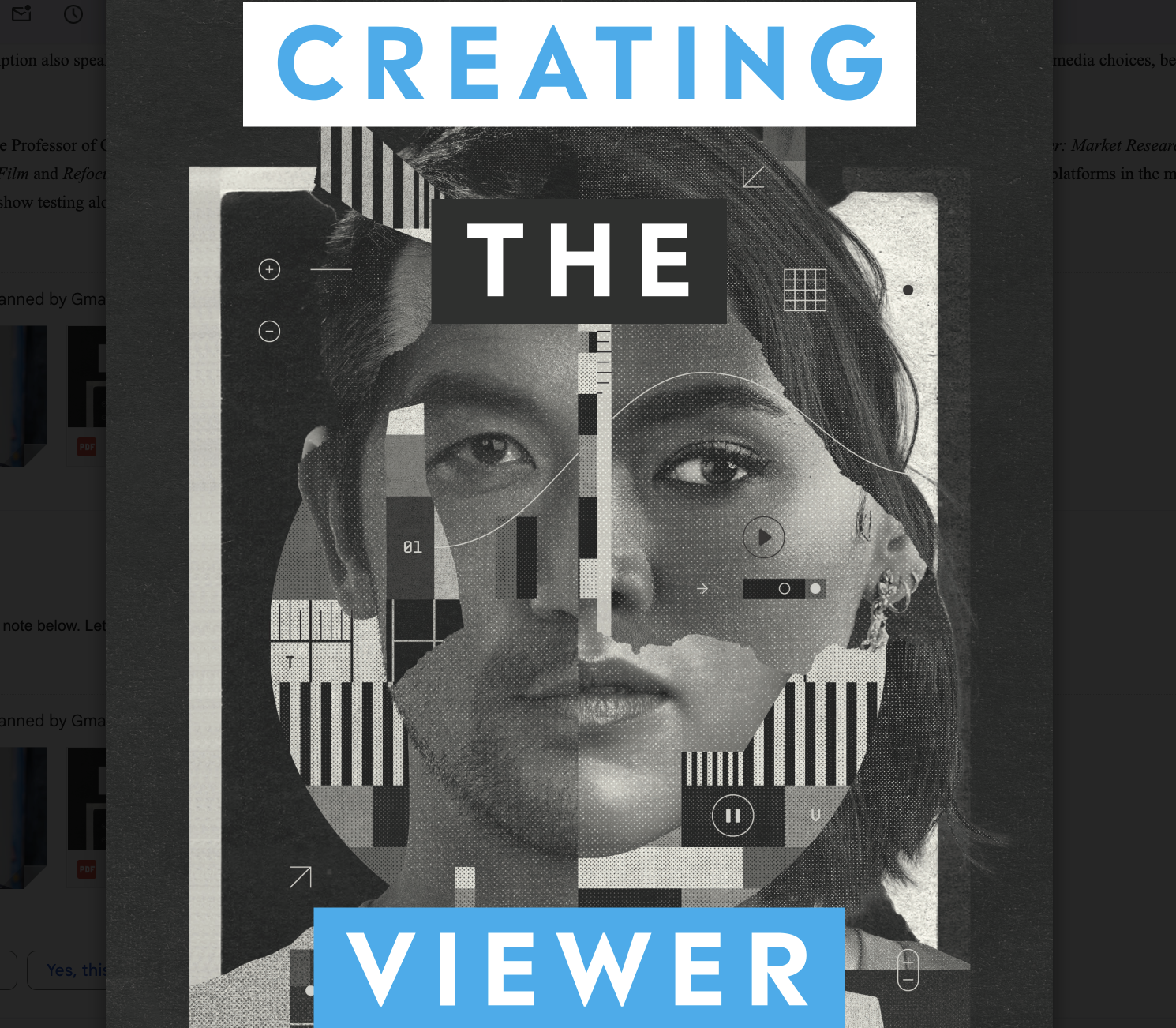
Exposing the Hidden World of Media Market Research
Join us to learn more about market research and how it constructs a picture of the viewer for Hollywood Due to an unexpected schedule snafu, we were unable to offer this webinar today. THIS EVENT HAS BEEN RESCHEDULED FOR:DATE: Monday, April 29 TIME: 12 - 1 PM ESTLOCATION: Online. Click here to register …
Read More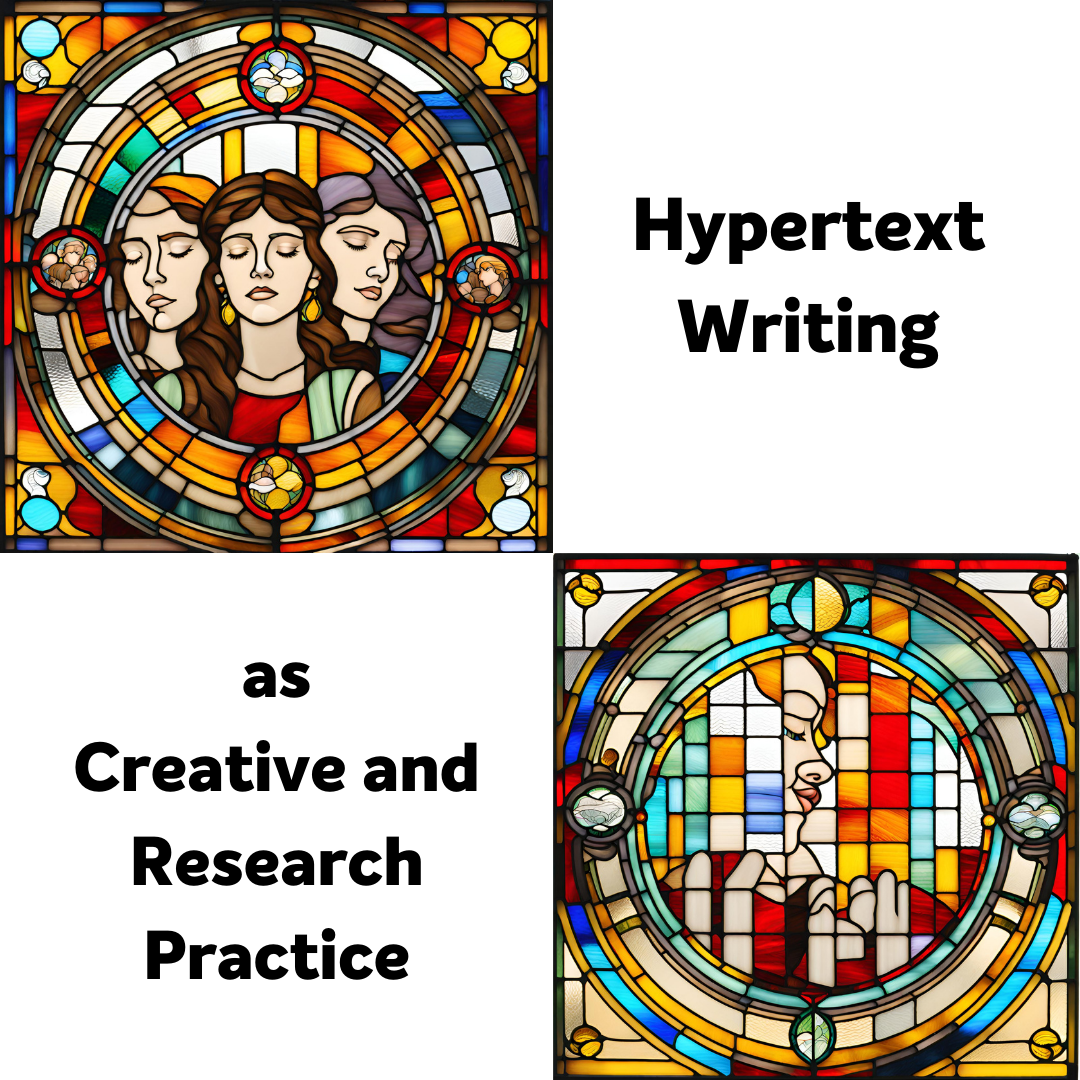
Hypertext Writing as a Creative and Research Practice
Today, when artificial intelligence seems to be getting better at writing and doing research for us, it is essential to recognize the advantages of the unique messiness that defines human thinking. Organizing our thoughts, especially in writing, can be tough. Relying on such tools as ChatGPT to produce flowing and seemingly logical texts might seem like an attractive solution to us – and to our…
Read More
Ripplers are Courageous
Join us for informal discussion about the ongoing progress that occurring as people from across Rhode Island, the USA, and the world implement COURAGEOUS CONVERSATIONS and education programs to their community, workplace, library or school. DATE: Thursday, April 25, 2024TIME: 7 PM ESTLOCATION: Online via Zoom. …
Read More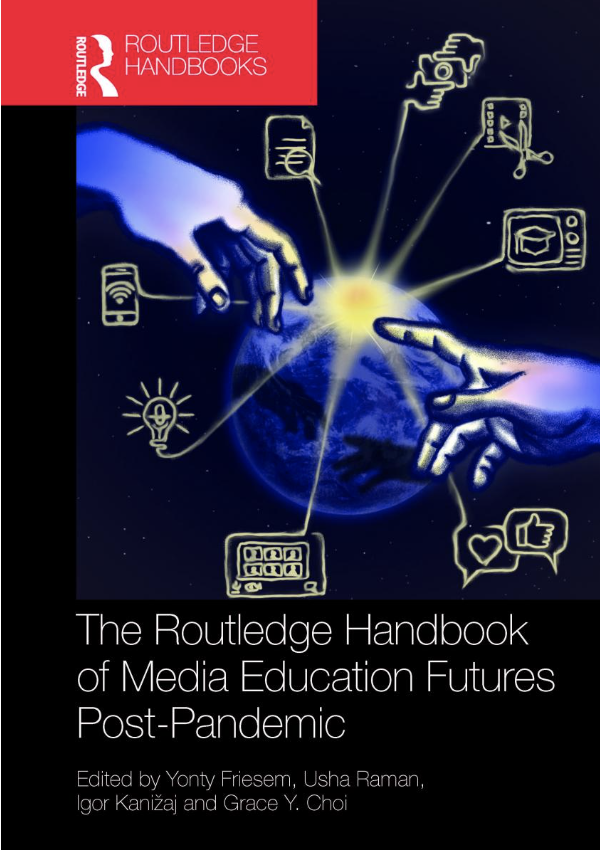
The Routledge Handbook of Media Education Futures Post-Pandemic.
Our team from the Media Education Lab is proud to announce the publication of The Routledge Handbook of Media Education Futures Post-Pandemic. This handbook showcases how educators and practitioners around the world adapted their routine media…
Read More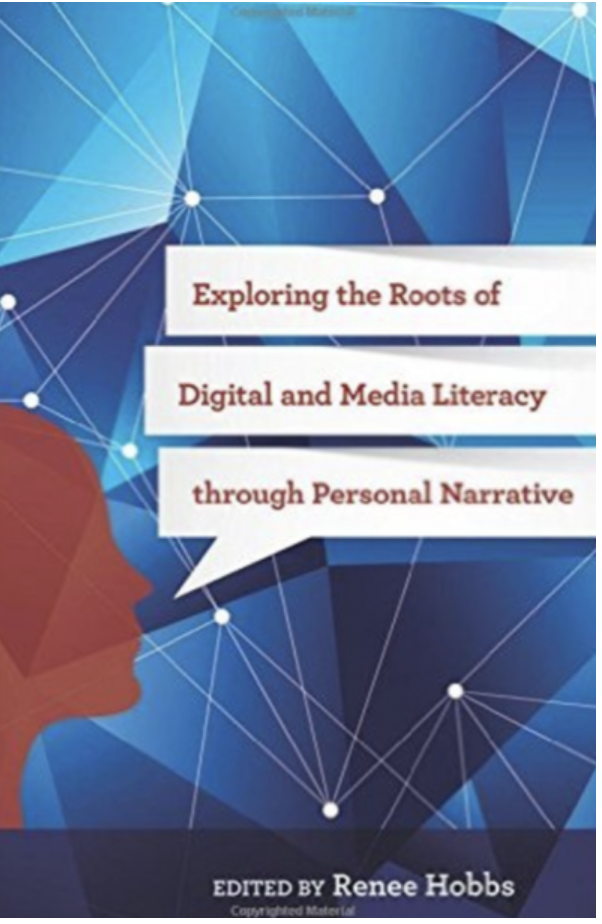
Exploring the Roots of Digital and Media Literacy through Personal Narrative
Explore the multidisciplinary nature of media literacy education It's been said that the lack of scholarship about the history of media literacy has been a source of some of the conflicts and debates among scholars and practitioners. Media literacy stands at the intersection of the fields of media studies and education, and these scholars have divergent perspectives on the past, present and…
Read More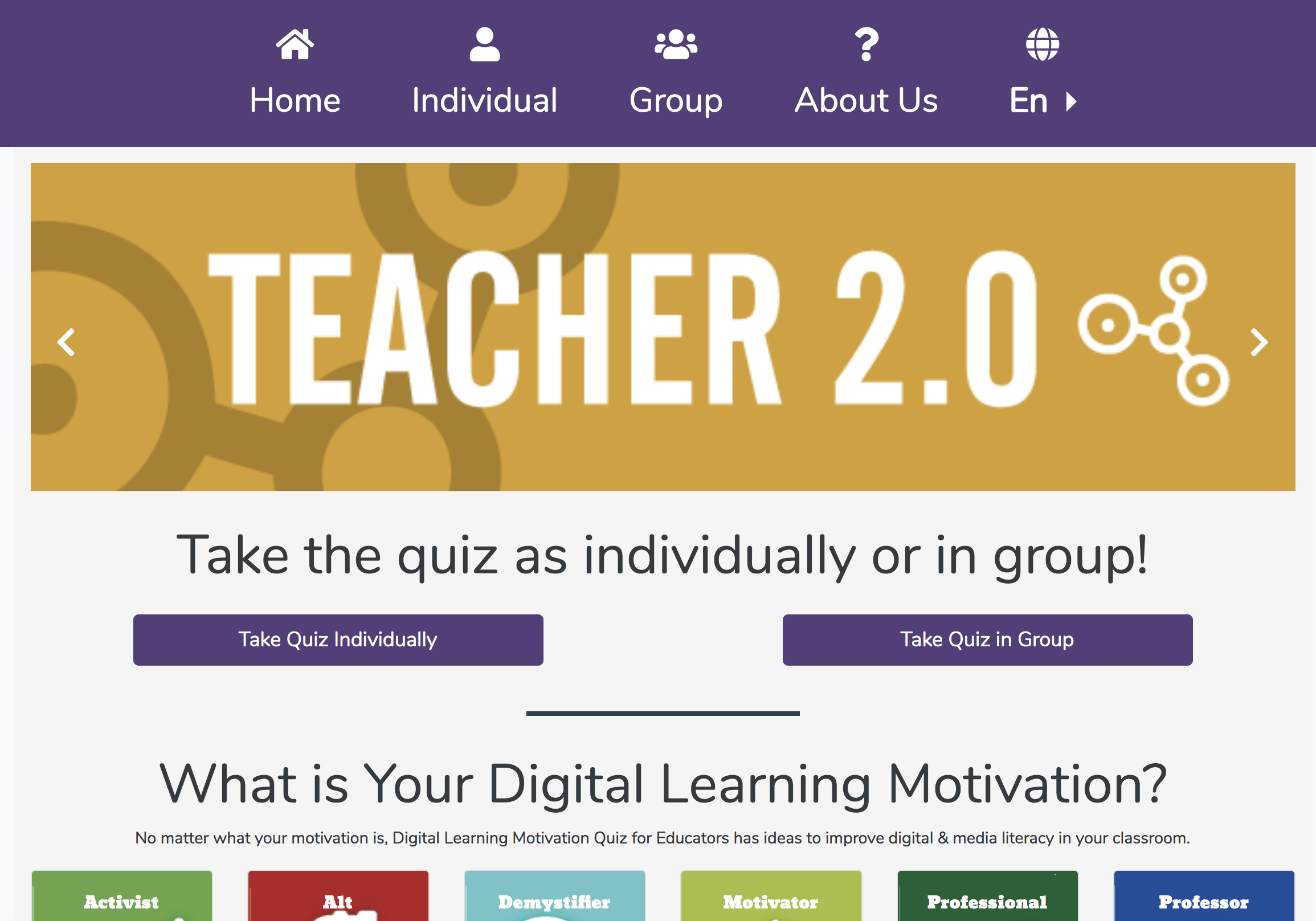
Set Your Motivation
The Digital Learning Horoscope is a 48-item Likert scale instrument that assesses teachers’ perception of the value and relevance of six conceptual themes, namely: attitudes toward technology tools, genres and formats; message content and quality; community connectedness; texts and audiences; media systems; and learner-centered focus.Visit the Set Your…
Read More
Internet: Indispensable or Evil?
OverviewIn these four lessons, students use the episode Adam Ruins the Internet (Season 2, Episode 12) as a starting point to discuss the role of the Internet in modern culture and learn about media policies that shape people’s online…
Read More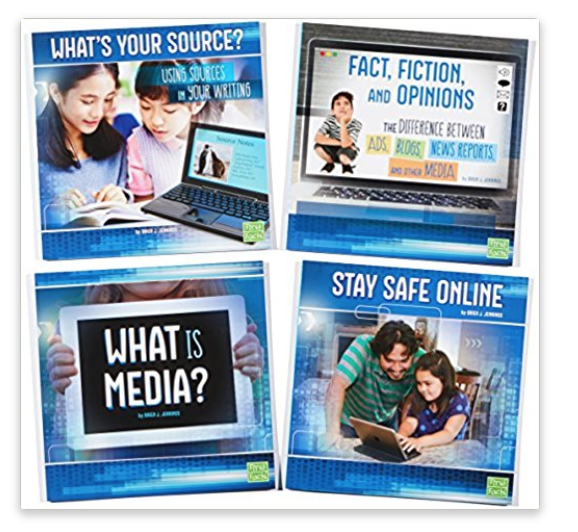
All About Media
It's never too early to be smart about media!Give emerging readers the tools to learn about media, evaluate it, and understand it. Readers will learn essential critical thinking concepts along with important topics such as understanding how to find sources and how to properly source, privacy and Internet safety, evaluating ads and news reports, and determining the differences between facts,…
Read More
